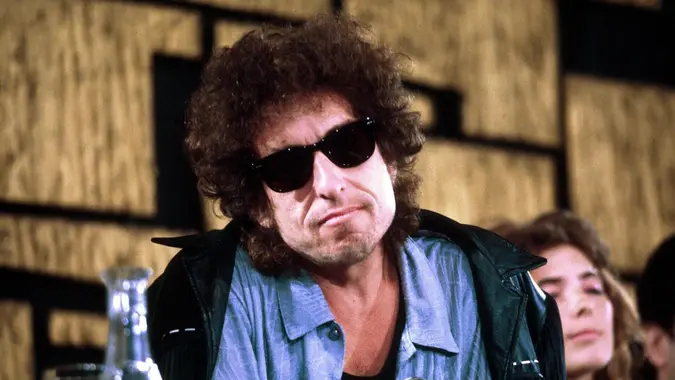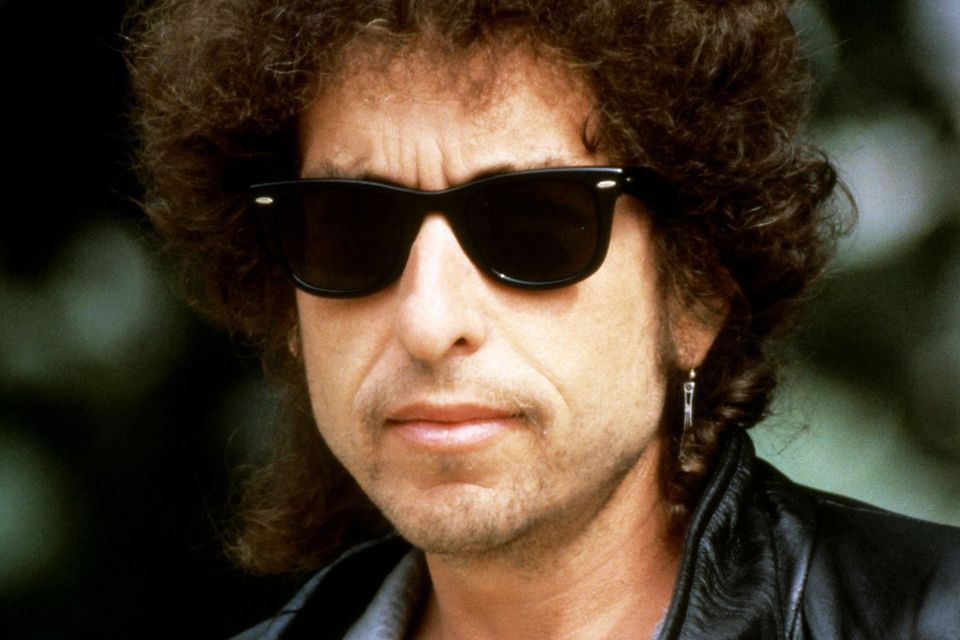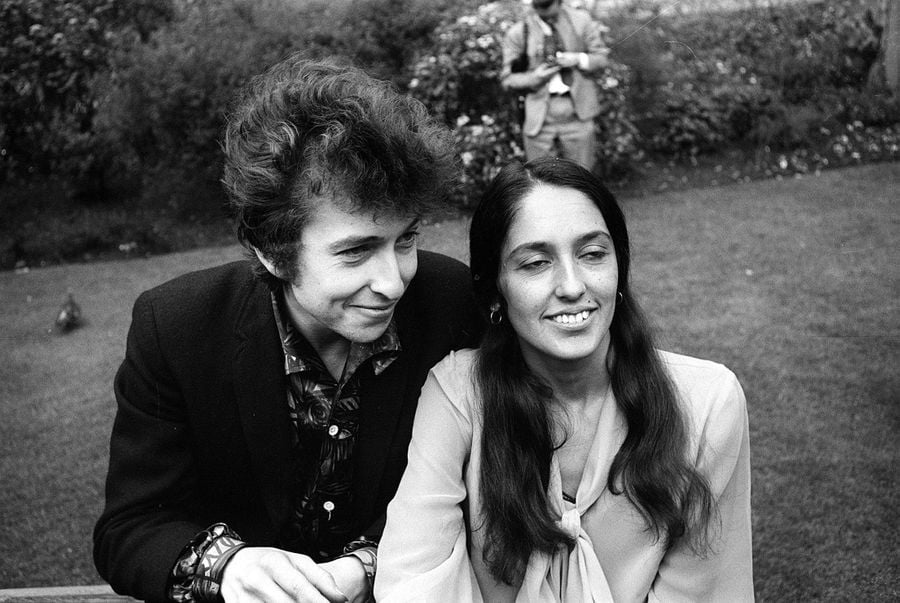Bob Dylan, an iconic figure in music and culture, has captivated audiences for decades with his profound lyrics and unique sound.
As we delve into Bob Dylan Net Worth, we also explore his remarkable journey from a young aspiring artist to a global legend.
This blog post will provide insights into his age, family background, height, and the many milestones that have defined his extraordinary career. Join us as we uncover the life and legacy of one of music’s most influential talents.
Bob Dylan Bio/Wiki
| Attribute | Details |
|---|---|
| Name | Robert Allen Zimmerman |
| Stage Name | Bob Dylan |
| Date of Birth | May 24, 1941 |
| Birth Place | Duluth, Minnesota |
| Early Upbringing | Raised in a close-knit Jewish community in Duluth for the first six years |
| Relocation | Moved to his mother’s hometown, Hibbing, Minnesota |
What is Bob Dylan Net Worth?
Bob Dylan is an American singer, songwriter, artist, and writer with a net worth of $500 million. Much of his most acclaimed work emerged during the ’60s, solidifying his place in the annals of music history.
However, his creative endeavors have spanned five decades, consistently captivating audiences worldwide. Since the late 1980s, Dylan has been on a relentless performance schedule known as the Never-Ending Tour, which has contributed to his substantial earnings.

Bob Dylan’s Early Life and Background
Robert Allen Zimmerman, better known as Bob Dylan, was born on May 24, 1941, in Duluth, Minnesota. His parents raised him in a close-knit Jewish community in Duluth for the first six years before moving to his mother’s hometown, Hibbing, Minnesota.
Dylan’s father and paternal uncles ran a store selling furniture and appliances in Hibbing. While Dylan was a student at Hibbing High School, he formed several bands.
In 1959, he enrolled at the University of Minnesota and joined the fraternity Sigma Alpha Mu. While he was a college student, he began performing regularly at a coffeehouse near campus, the Ten O’clock Scholar; he also involved himself in the Dinkytown folk music circuit.
Rise to Fame: Career Beginnings
Bob Dylan’s journey to stardom began in earnest when he moved to New York City in January 1961, inspired by his admiration for folk singer Woody Guthrie.
He played at various clubs and coffeehouses in Greenwich Village, a hub for burgeoning artists and musicians.
Here, Dylan started to develop his distinctive musical style, blending traditional folk music with his own innovative approaches.
His big break came later that year when music critic Robert Shelton wrote a glowing review of his performance at Gerde’s Folk City.
This caught the attention of John Hammond, a talent scout for Columbia Records, who signed Dylan to a recording contract.
In 1962, he released his self-titled debut album, which, while not a commercial success, showcased his potential as a singer-songwriter.
Dylan’s second album, “The Freewheelin’ Bob Dylan,” released in 1963, catapulted him to fame. Featuring classics like “Blowin’ in the Wind” and “A Hard Rain’s A-Gonna Fall,” the album resonated deeply with the socio-political climate of the time.
His poignant lyrics and evocative melodies struck a chord, establishing him as a leading voice in the folk music movement and setting the stage for his illustrious career.
Major Career Milestones and Achievements

Bob Dylan’s career is studded with numerous milestones and achievements that have solidified his place in music history.
In 1965, Dylan famously went electric at the Newport Folk Festival, a bold move that transformed the landscape of popular music and signaled his departure from traditional folk.
His album “Highway 61 Revisited,” featuring the iconic track “Like a Rolling Stone,” marked a significant turning point in rock and roll.
Throughout the 1960s and 1970s, Dylan released a series of groundbreaking albums, including “Blonde on Blonde” and “Blood on the Tracks,” considered some of the greatest albums in music history.
His ability to evolve and adapt was evident in the late 1970s when he explored gospel music with “Slow Train Coming,” earning him his first Grammy Award.
Dylan’s influence extends beyond his music; in 2016, he was awarded the Nobel Prize in Literature for his profound impact on songwriting and culture.
His induction into the Rock and Roll Hall of Fame in 1988 and the Presidential Medal of Freedom in 2012 further testify to his enduring legacy.
Dylan’s Never-Ending Tour, which began in 1988, underscores his relentless passion for live performance and unparalleled work ethic.
Awards and Recognitions
Bob Dylan’s illustrious career has earned him many awards and recognitions. Over the years, he has garnered 10 Grammy Awards, including a Lifetime Achievement Award in 1991, underscoring his enduring impact on the music industry.
In addition to his Grammy accolades, Dylan has received an Academy Award and a Golden Globe for “Things Have Changed,” a song featured in the film “Wonder Boys.”
Prestigious institutions have also recognized his contributions to music and culture. In 2000, Dylan received the Polar Music Prize, often called the “Nobel Prize of Music.”
His groundbreaking influence on songwriting led to his 2016 Nobel Prize in Literature, making him the first musician to receive this honor.
Dylan’s impact on music was further acknowledged when he was inducted into the Rock and Roll Hall of Fame in 1988.
These accolades highlight the breadth and depth of Dylan’s contributions to the arts, solidifying his status as a cultural icon.
Personal Life: Family and Relationships
Dylan legally changed his name to Bob Dylan in 1962. He has been involved in several serious relationships.
The first one was with Suze Rotolo, an artist and the daughter of American Communist Party radicals. Then, he became involved with the folk singer Joan Baez, who often performed together. In 1965, Dylan married Sara Lownds.
They had four children together, and Dylan also adopted Lownds’s daughter from a previous marriage.
They divorced in 1977. In 1986, Dylan married Carolyn Dennis, his backup singer. They had one daughter together before divorcing in 1992.
Bob Dylan’s Influence on Music and Culture
Bob Dylan’s influence on music and culture is monumental and multifaceted. His pioneering approach to songwriting, which blends deeply personal themes with broader social and political issues, has redefined the possibilities of popular music.
Dylan’s lyrics have inspired generations of musicians, poets, and activists, making him a beacon of artistic freedom and integrity.
His decision to go electric at the Newport Folk Festival in 1965 shattered traditional boundaries within the music industry, paving the way for new genres and hybrid styles.
Beyond music, Dylan’s presence in literature and art has further solidified his cultural significance. His songs have been integrated into academic curricula and have influenced literary and artistic movements.
Dylan’s ability to continually reinvent himself while remaining true to his core artistic values has made him a timeless figure whose contributions extend well beyond any genre or medium.
His role in shaping contemporary music and culture is indisputable, and his legacy continues to resonate powerfully in today’s artistic and cultural landscapes.

Frequently Asked Questions
What is Bob Dylan’s net worth?
Bob Dylan’s net worth is estimated to be around $500 million.
When was Bob Dylan born?
Bob Dylan was born on May 24, 1941.
How many Grammy Awards has Bob Dylan won?
Bob Dylan has won 10 Grammy Awards, including a Lifetime Achievement Award in 1991.
Has Bob Dylan won a Nobel Prize?
Yes, Bob Dylan was awarded the Nobel Prize in Literature in 2016.
Conclusion
Bob Dylan’s extraordinary career remains unparalleled, marked by groundbreaking music, influential lyrics, and cultural contributions.
His journey from a young artist in Minnesota to a global icon illustrates his relentless pursuit of artistic excellence.
Through his enduring influence on music and culture, Dylan has cemented his legacy as one of the most significant figures in contemporary art.
With numerous accolades, including Grammy Awards, a Nobel Prize, and the Presidential Medal of Freedom, Dylan’s impact transcends generations, inspiring countless artists and fans worldwide. His story is a testament to the transformative power of creativity and perseverance.
